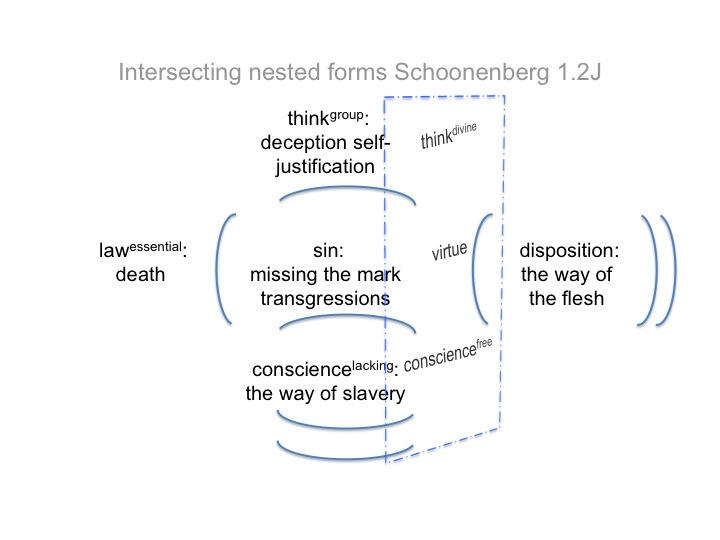[What is going on in the natural philosophical plane?
Consciencefashion shapes its transgression (the beautiful compass) by confounding two natural dispositions: the disposition to know directions and the disposition to own, hold, and manipulate beautiful things. As the compass became more popular, another disposition, the lemming instinct (so popular on American campuses in 2012), comes into play.
The “missing the mark compass” situates dispositionscoordinate+pretty+others_say_its_good.
Lawessential labels the natural and philosophical consequences of this situation. In the analogy, new constructions are “crooked” with respect to the old constructions. These consequences cannot be explained within the symbolic order or ‘reality’ of the ever-expanding thinkgroup. In fact, problems cannot even be articulated because the thinkgroup depends on the transgression.
At the point,when the problems appear to be overwhelming, a detachment ought to take place. This is precisely what Paul talked about, when he said that the “sin” was responsible for his transgressions, not “Paul himself”. This detachment must occur, otherwise the person, or here, the city, will self-destruct.
In the story it does. A person recognizes why the ships are not returning. They are getting lost because of the compass.]

